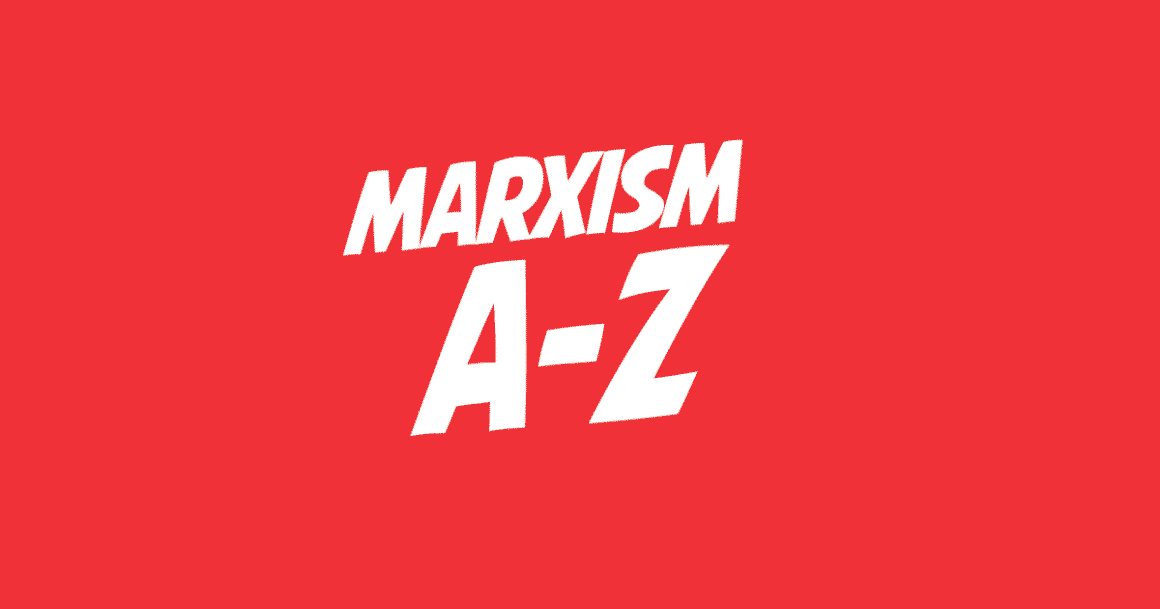

The vast majority of people in the world experience oppression. Women, youth, ethnic minorities, and LGBT people suffer from specific forms of oppression. But working people in general – workers, poor peasants – are also oppressed. Oppression is the denial of rights and opportunities that would enable people to achieve what they are capable of and live in a dignified way.
The word oppression is often wrongly used interchangeably with exploitation. Marxists distinguish between the two. Exploitation is an unequal economic relationship in which the exploiter extracts surplus value from the exploited. Under capitalism workers are exploited because the value they create working is greater than the value included in their wages.
The exploitation of workers leads to their oppression. When the boss shouts or harasses you, insists that you dress a particular way, tells you when you can and can’t take a break – that is oppression. Specific sections of the population are oppressed, but they are not necessarily exploited. There is no doubt that the oppression of women affects all women. Women are unequal in relation to the law, property, taxation, and benefits. Women are pressured into subordinate roles in the family through moral codes, religion and popular culture. The law, the state and the family all regulate women’s fertility. Women earn less than men. Millions of women are battered, abused and raped.
Not all women are exploited. Some women do not have a job outside of the home, others are managers and bosses. But all women are oppressed.
Oppression has existed as long as society has been divided into classes, with one group owning property and gaining rights to use that property for their own ends. With each form of class society the nature of oppression has changed, and under capitalism it has generally become the most naked.
All the features of women’s inequality, lack of opportunity and denial of rights are features of their oppression. Some women experience these more acutely, particularly when they are combined with poverty. A minority of women who are wealthy have managed to minimise many aspects of their oppression, partly through employing other women as servants. But even they do not escape oppression completely.
Women’s oppression is systematic, and a very fundamental feature of class society. It is a form of what we call social oppression. Without it, capitalism could not function, because it provides an army of free domestic workers to care for children and other dependants in the home, and it weakens and divides the working class. The family structure under capitalism, and the function of this structure – the production, maintenance and reproduction of labour power – lies at the root of this social oppression of women.
Youth, children, and LGBT people are also socially oppressed. The family model – even when it is more myth than reality – dictates this oppression. Children and youth are denied independence in order to preserve this family model. In its name they can suffer anything from casual mistreatment through to sexual abuse and death. Sexuality which challenges this structure, such as homosexuality, is condemned. Oppression follows condemnation.
Other major forms of social oppression relate not to the family but to the nation state. The oppression of one set of nations, nationalities and peoples by others is a fundamental feature of the imperialist epoch.
Imperialist countries like Britain or the USA exploit semi-colonies in Africa, Latin America and Asia. But they also oppress their people, through racial oppression and, for example, the denial of basic human rights of people from semi-colonies who seek work in imperialist countries.
On the basis of the nation state racism, chauvinism and nationalism have led to the cruellest imaginable oppression of entire peoples: the African-American people of the USA who live with the legacy of slavery and the daily reality of systematic discrimination; the European Jews and Romany peoples who live with the nightmare of the Nazi holocaust.
These are direct products of social oppression, direct products of the capitalist free market which requires such oppression. They are not historical accidents or quirks of fate.
The formal commitment to women’s equality in many capitalist countries – through equal pay legislation and anti-discrimination laws – shows that inequality and oppression are not simply about the law, but based on a fundamental oppression rooted in the nature of capitalism. Because oppression affects broad sections of society, struggles against it have been waged by all classes – including movements of middle and upper class women, black people, lesbians and gay men.
Marxists support all struggles against oppression, whoever wages them. But for us, oppression is not just about bad laws and discrimination. Oppression is a fundamental, necessary part of capitalism, and can only be destroyed along with it.
Workers, therefore, share a common goal with the vast majority of the oppressed; the destruction of capitalism. And workers have the power to achieve that goal. That is why we call for working class movements of the oppressed – to lead the struggle against their oppression and exploitation, and to carry out a struggle against any elements of oppression that exist within the workers’ movement and divide it in its common fight against the class system of oppression and exploitation.